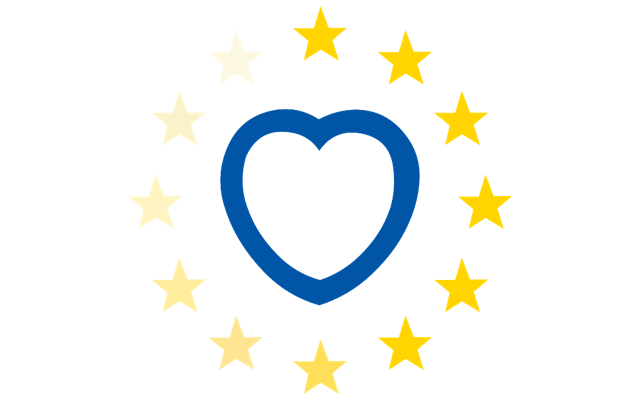International Standards for substantial equivalency of accreditation systems
IACPDA is “a network of colleagues, dedicated to promoting and enhancing continuing professional development (CPD) accreditation systems throughout the world. It is also devoted to assisting and supporting the development, implementation and evolution of CPD and continuing medical education (CME) accreditation systems throughout the world.” (for more information please visit www.academy4cpd-accreditation.org).
Two years after the IACPDA had started the discussion on standards for substantive equivalency between accreditation systems IACPDA members have now unanimously adopted the final document in the CCC20 on Sept. 10, 2020.
What are the objectives of the Standards?
The Standards cover 6 domains:
- Eligibility and Responsibilities of an Accrediting Body
- Independence and Transparency in Accredited Education
- Needs Assessment Used in Planning Accredited Education
- Content Validity in Accredited Education
- Quality of Educational Design in Accredited Education
- Outcomes of Accredited Education
Domain 1 for the first time defines a set of constituent characteristics and duties to be fulfilled by organizations to be considered an independent and trustworthy accrediting body.
Domains 2-6 then describe the framework to be applied in planning, delivery and postprocessing of accredited education. For more information please visit the EBAC website “Library” section.
The Standards for the first time provide a framework to be used primarily for recognition of substantive equivalency between accreditation systems worldwide. By describing the core characteristics of accredited education, they also set the requirements for how accredited education needs to be organized and delivered. So, these Standards for the first time also define standards for accreditation of CME.
Which role may the Standards play in Europe?
Currently the EU has no competency in CME, and CME accreditation, and has not mandated any European organization (may it be professional political or other) to take care of harmonization of CME accreditation. As issued in a recent communication from the EU, competence in this matter “exclusively falls under the competence of the member states”.
Thus, it is not a surprise, that the current state of play regarding legal requirements for CME and CME accreditation show profound diversity between EU member states (for more information please refer to https://vimeo.com/350094007), and regarding CME accreditation on the European international level there is also no unifying framework to refer to at all.
On this background the IACPDA Standards may support
- EU national as well as EU policymakers,
- national, and European international accrediting bodies, and
- organizers of CME in countries with no official requirements for CME accreditation
to align with a unifying global standard for CME and its accreditation, and thus in effect achieve harmonization.
Following adoption of the Standards IACPDA has started to work on the rules of procedure to further define implementation of the Standards.
With best wishes and stay healthy!

